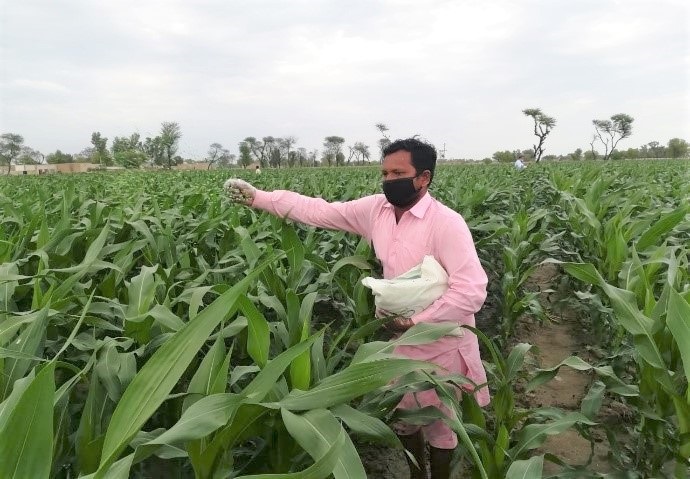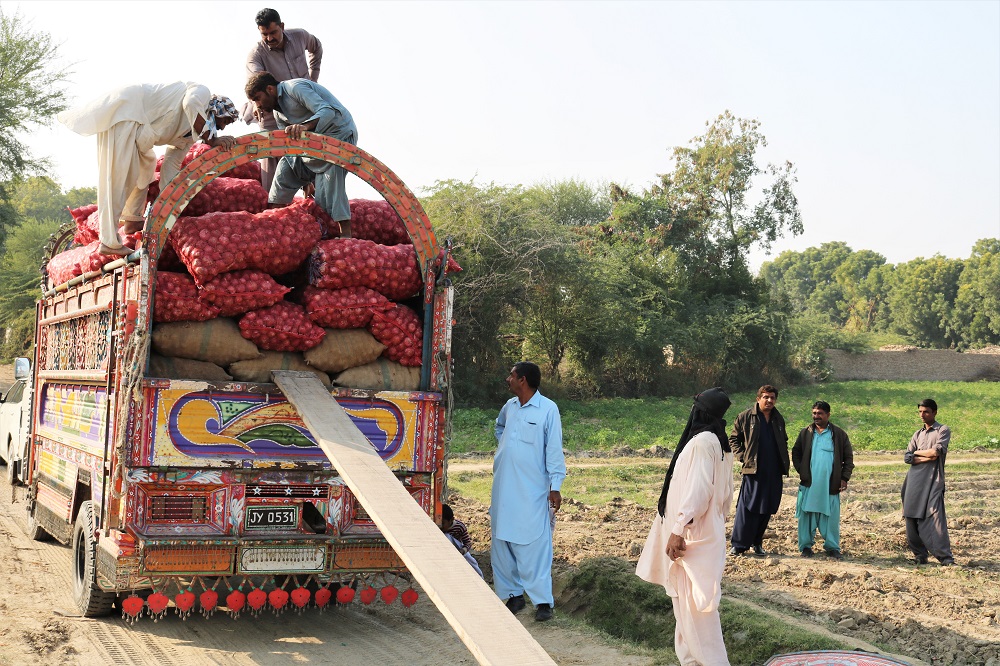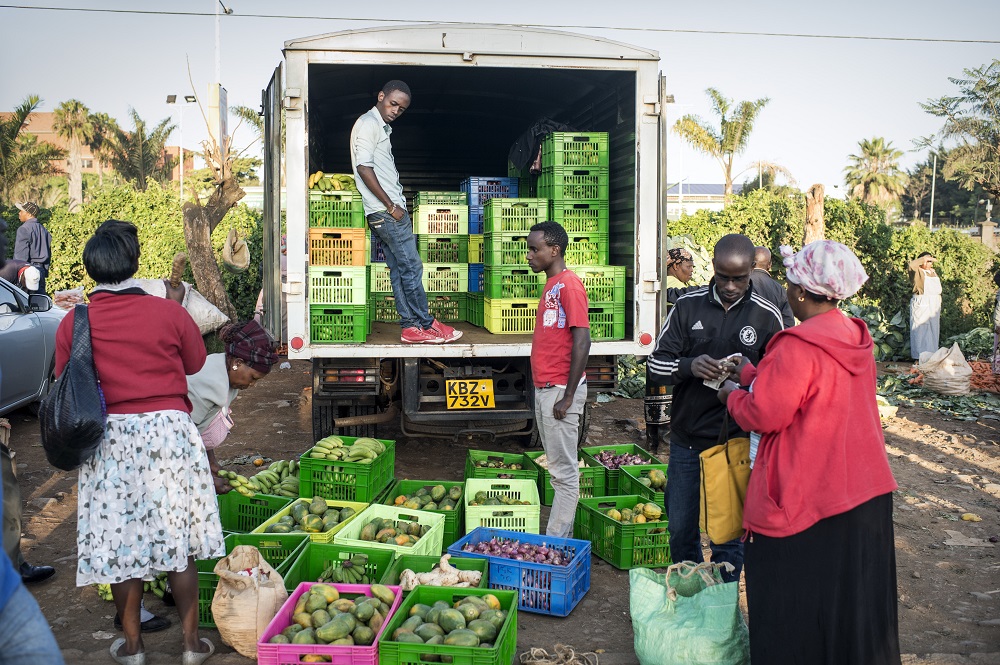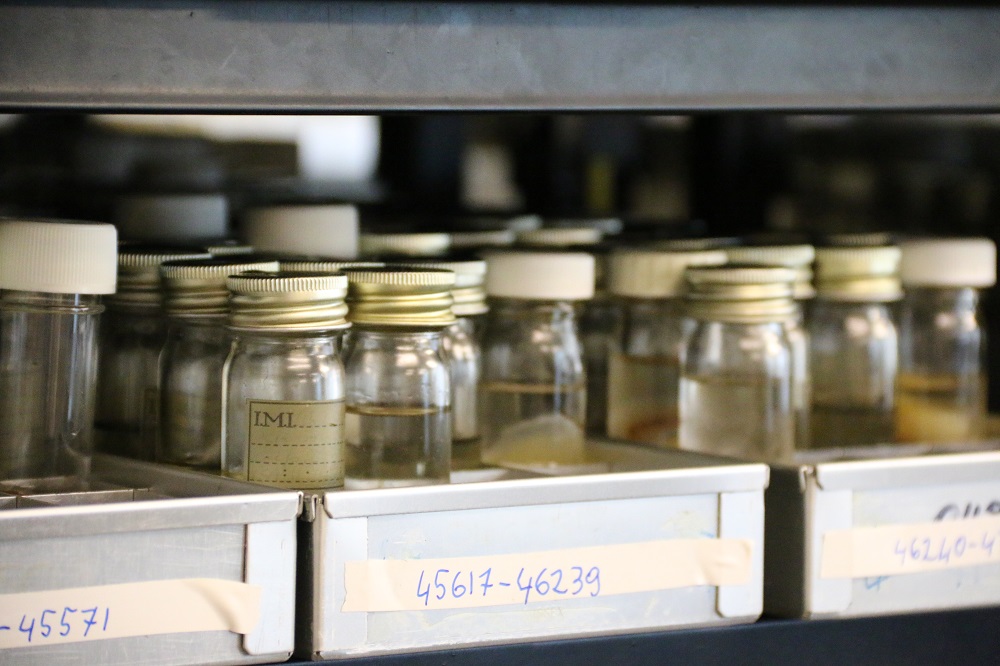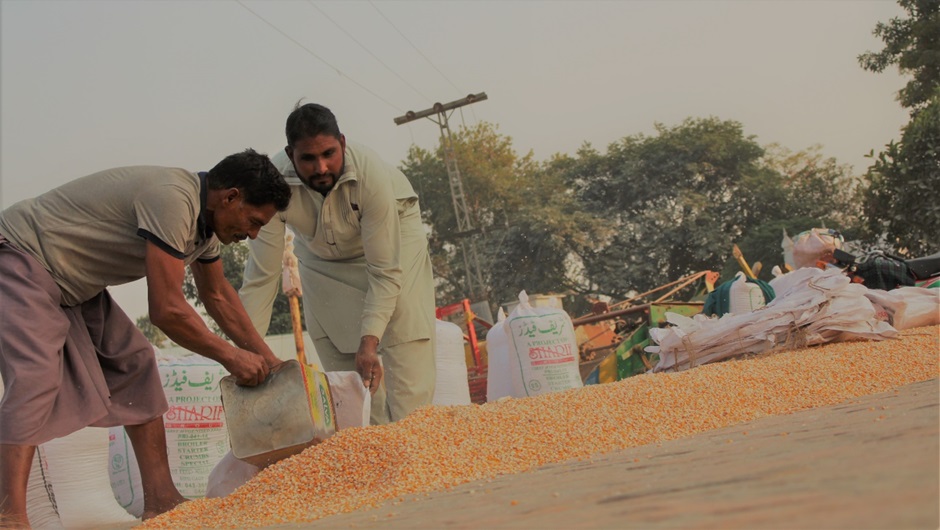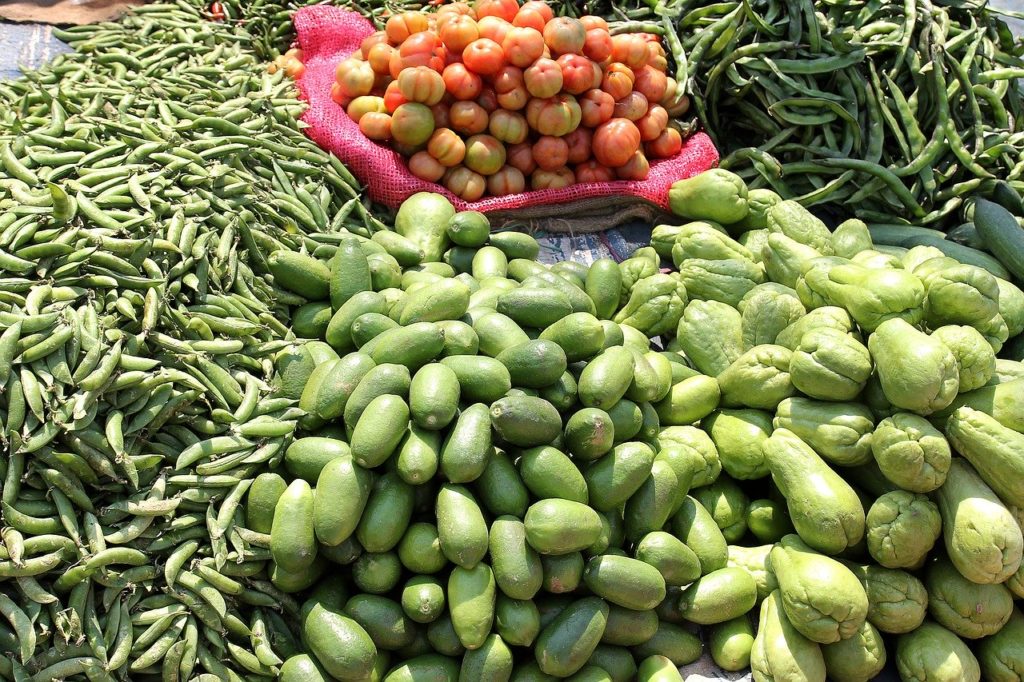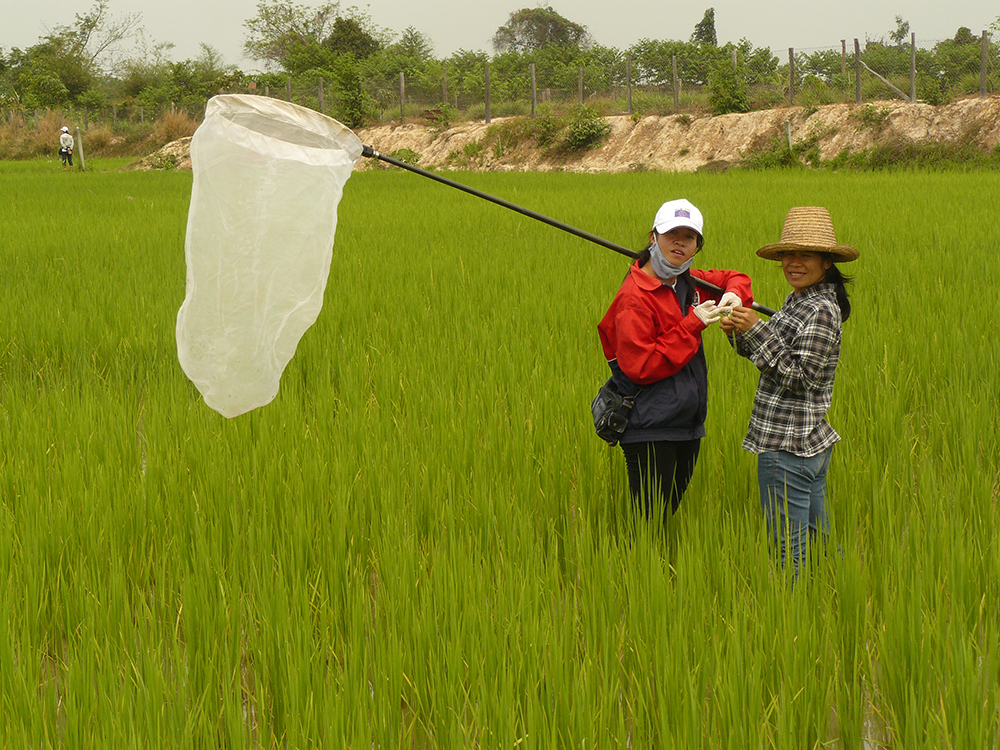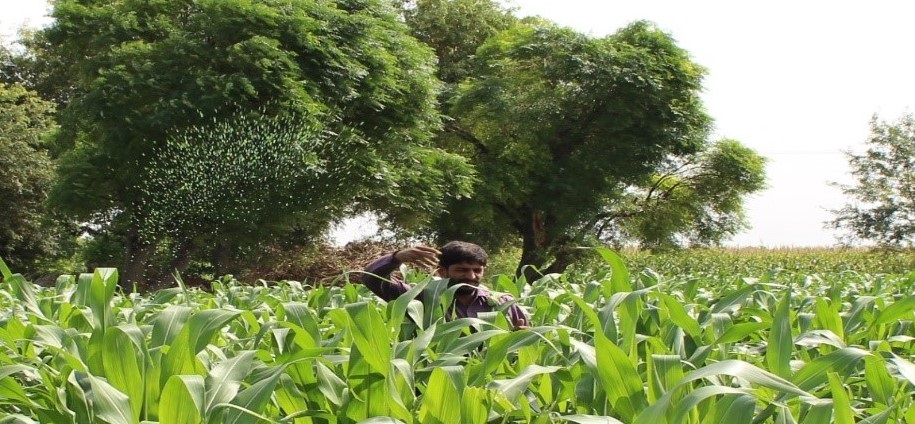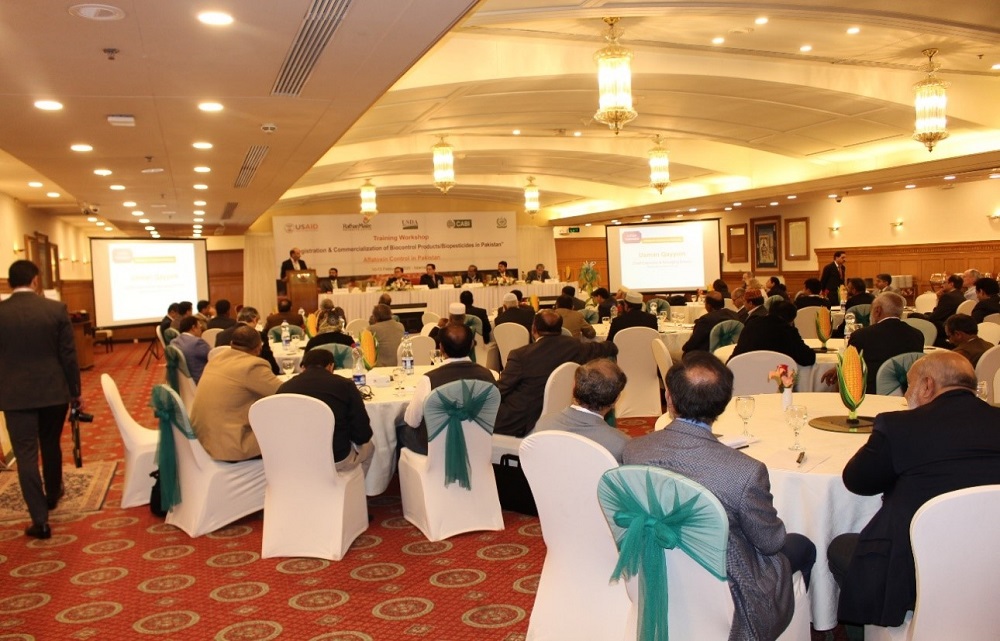Working in partnership to increase safe and efficient trade of agriculture in East Africa
CABI, together with a law firm KO and Associates, have been contracted by Land O Lakes Venture 37 (V37) TRASE (Trade in Agriculture Safely and Efficiently) project, funded by the United States Department for Agriculture (USDA), to conduct a comprehensive assessment of sanitary and phytosanitary (SPS) systems implemented in the East African Community (EAC).
Enjoy two weeks free access to CABI’s Crop Pest Diagnosis online course
CABI is providing two weeks free access to its Crop Pest Diagnosis online course to encourage knowledge expansion on healthy plants – supporting students and plant health specialists during the coronavirus COVID-19 pandemic.


